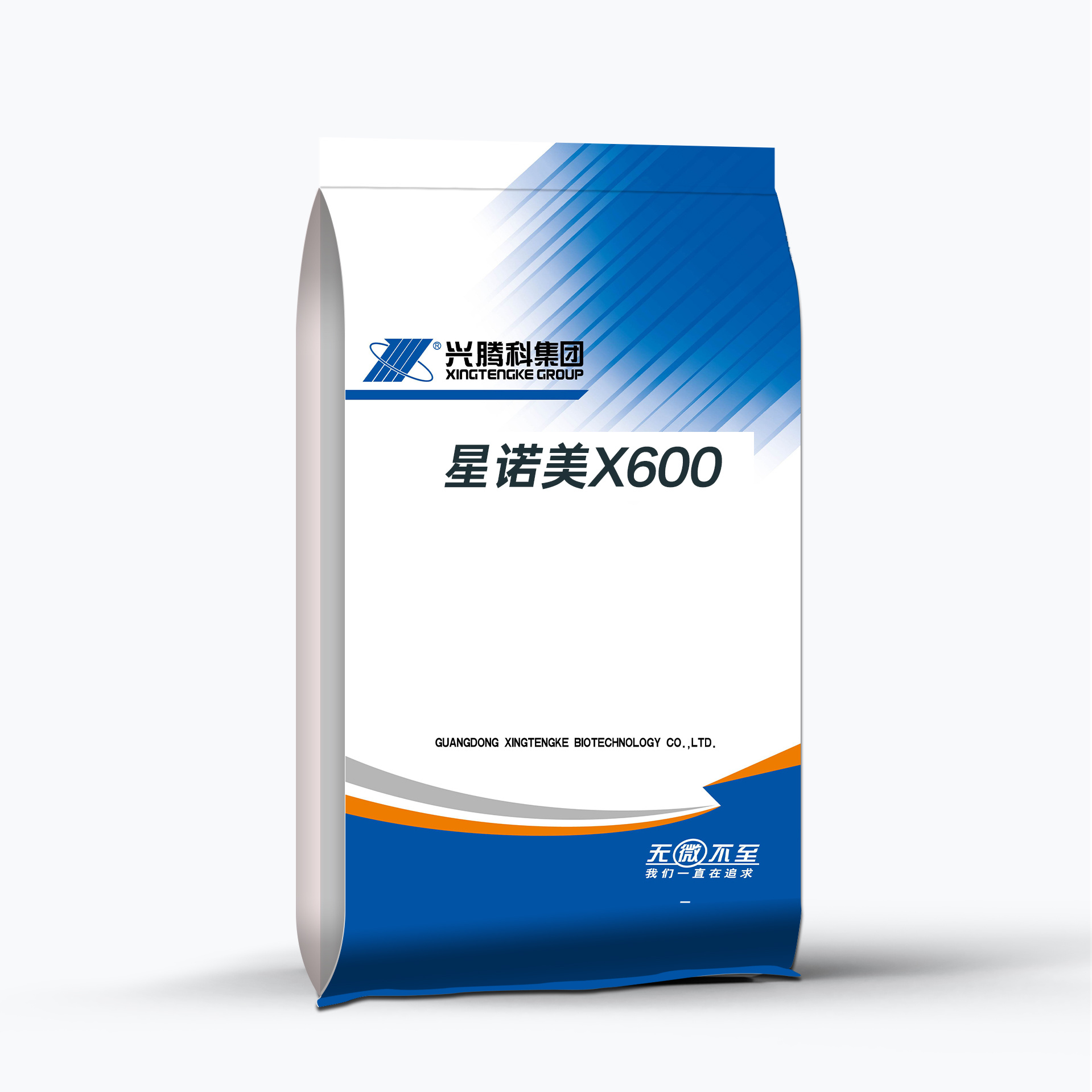Unlocking the Benefits of Compound Trace Minerals for Swine Nutrition
Release time:
2025-11-03 14:30
Source:
Compound trace minerals are vital micronutrients that significantly contribute to the health and productivity of swine. These minerals, which include elements such as zinc, copper, manganese, and selenium, are required in small amounts but are crucial for various biological functions. Understanding their roles can help improve the overall nutrition of pigs and optimize their growth performance.
One of the primary functions of compound trace minerals in swine nutrition is their involvement in enzymatic reactions and the maintenance of cellular structure. For instance, zinc is essential for immune function, while copper plays a critical role in iron metabolism and the formation of red blood cells. Moreover, manganese is involved in bone formation and reproductive health, making it a necessary mineral during critical growth phases.
The addition of compound trace minerals to swine diets can lead to improved health outcomes. Pigs receiving adequate levels of these minerals tend to have stronger immune systems, reducing the incidence of diseases and infections. This is particularly important in intensive farming systems where animals are often exposed to various stressors. Additionally, the overall resilience of pigs can enhance their growth rates, leading to more efficient feed conversion and better weight gain.
Another significant aspect of compound trace minerals is their relationship with reproductive performance. Minerals like selenium and zinc are known to influence fertility in both male and female pigs. Adequate selenium, for example, can aid in preventing reproductive failures and improving litter sizes. Therefore, ensuring an appropriate balance of these trace minerals in the diet is vital for successful breeding programs.
Moreover, the bioavailability of these minerals—how well they are absorbed and utilized by the body—is an important consideration in swine nutrition. Factors such as the source of the minerals, their chemical forms, and the composition of the feed can all affect bioavailability. Thus, selecting high-quality compound trace minerals can lead to better health outcomes and economic benefits for producers.
In conclusion, compound trace minerals are indispensable for swine nutrition, impacting health, growth, and reproductive success. By incorporating these essential nutrients into swine diets, producers can foster healthier livestock, enhance productivity, and ultimately contribute to more sustainable farming practices. Understanding the specific roles and benefits of these minerals will enable producers to make informed decisions regarding their livestock's nutritional needs.
One of the primary functions of compound trace minerals in swine nutrition is their involvement in enzymatic reactions and the maintenance of cellular structure. For instance, zinc is essential for immune function, while copper plays a critical role in iron metabolism and the formation of red blood cells. Moreover, manganese is involved in bone formation and reproductive health, making it a necessary mineral during critical growth phases.
The addition of compound trace minerals to swine diets can lead to improved health outcomes. Pigs receiving adequate levels of these minerals tend to have stronger immune systems, reducing the incidence of diseases and infections. This is particularly important in intensive farming systems where animals are often exposed to various stressors. Additionally, the overall resilience of pigs can enhance their growth rates, leading to more efficient feed conversion and better weight gain.
Another significant aspect of compound trace minerals is their relationship with reproductive performance. Minerals like selenium and zinc are known to influence fertility in both male and female pigs. Adequate selenium, for example, can aid in preventing reproductive failures and improving litter sizes. Therefore, ensuring an appropriate balance of these trace minerals in the diet is vital for successful breeding programs.
Moreover, the bioavailability of these minerals—how well they are absorbed and utilized by the body—is an important consideration in swine nutrition. Factors such as the source of the minerals, their chemical forms, and the composition of the feed can all affect bioavailability. Thus, selecting high-quality compound trace minerals can lead to better health outcomes and economic benefits for producers.
In conclusion, compound trace minerals are indispensable for swine nutrition, impacting health, growth, and reproductive success. By incorporating these essential nutrients into swine diets, producers can foster healthier livestock, enhance productivity, and ultimately contribute to more sustainable farming practices. Understanding the specific roles and benefits of these minerals will enable producers to make informed decisions regarding their livestock's nutritional needs.
compound trace minerals for swine nutrition








